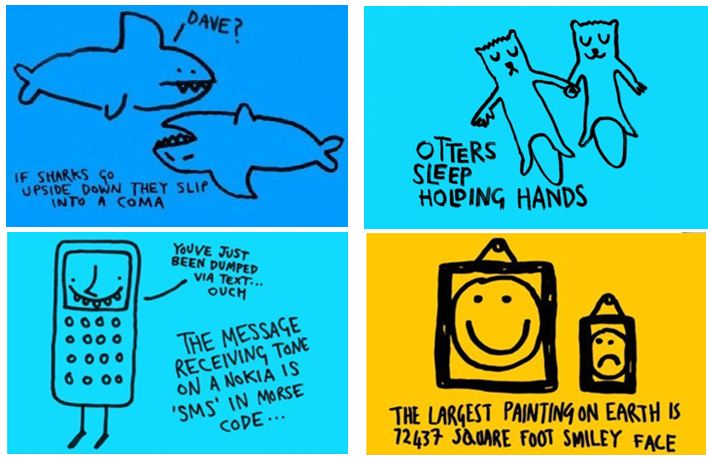By {grow} Community Member Paul Mayze
Algorithms are the magic of the Internet.
Cloaked in secrecy, they invisibly control big chunks of our personal and professional online lives while quietly collecting, dissecting, and electing what we do and see. Algorithms are the most closely guarded secrets of the internet giants.
Suppose I Google “elephant.” (Don’t ask why I’m Googling “elephant” — it was the first thing that came into my head.) My top four results are a UK car insurance company, a 2003 movie, and a multiplayer online game. Oh, and Wikipedia’s definition of an elephant, which common sense might have expected to come out at the top. Try it yourself. Chances are that you get something quite different. (Try it and let me know!)
Algorithms determine all this. The argument in favor of algorithms is that without them we would drown in a sea of irrelevant information. Instead, we tread water in a sea of (supposed) relevance.
The thing is, I’m not sure that “irrelevance” should be a dirty word. In fact, I think we could do with more of it in our lives.
A call for more irrelevance
My life as I know it has been created by “irrelevant” events.
- When my parents bought me my first home computer, it was irrelevant to my existing hobbies.
- When I took a job in advertising, it was irrelevant to the degree I’d actually obtained.
- And spending a year in Paris studying French was irrelevant to everything that happened before and since, but no less influential.
If I’d stuck with what was relevant, I’d still be playing with a Fisher Price telephone.
Irrelevance powers professional performance
I’m missing out on what Matt Ridley brilliantly describes as ‘ideas having sex’. Surrounding ourselves with what’s “relevant” is the equivalent of asexual reproduction. We’ll end up doing the same thing over and over. And that’s no good for our work.
Is irrelevance a waste of time?
Sure, I’d like to think this has made me a bit more rounded (it’s almost certainly improved my water cooler chat) and provided new angles on existing problems. However, the greatest benefit has been that most precious and enabling professional resource: more energy. And if something is having that effect on me, well, I figure that’s got to be relevant.
How do you let irrelevance into your life? Or do you feel we have to deal with too much irrelevance already? Looking forward to a discussion about this. Oh, and feel free to go off-topic 😉
